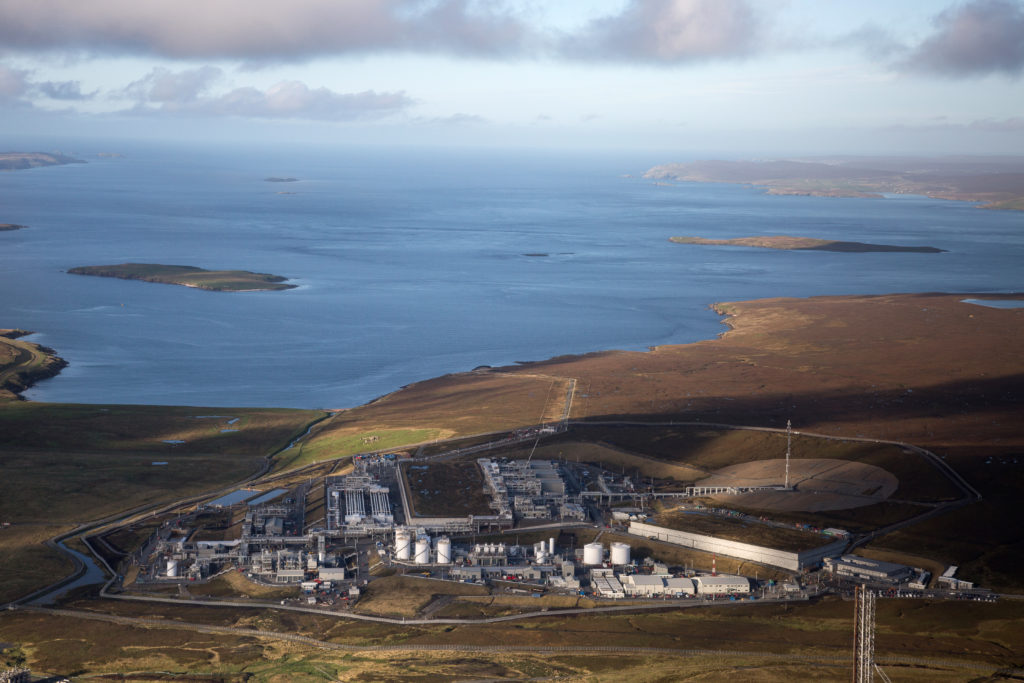
New technology will enable offshore workers to talk to and text robots working around oil and gas platforms.
The new method of communication means staff can send speech or text queries to autonomous robots and receive replies in English in real time, rather than using computer codes.
Researchers believe the system – named Miriam (Multimodal Intelligent inteRactIon for Autonomous systeMs) – will help build trust in the use of robots on and under rigs, as workers will be better able to understand their actions.
Developed by the Offshore Robotics for the Certification of Assets (Orca) Hub, a consortium of five universities led by Heriot-Watt and Edinburgh along with engineering software firm Phusion IM and data science company Merkle Aquila, Miriam will initially work with a tracked robot at Total’s Shetland Gas Plant.
Helen Hastie, professor of computer science at Heriot-Watt and an Orca Hub work package lead, said: “When robots have an autonomous element, it means that they sense the environment and can make certain decisions by themselves.
“However, there is currently a communication barrier between robots and their human supervisors in relation to the reasoning behind system actions.
“This is particularly problematic in remote, highly challenging and hazardous environments such as offshore, which can involve multiple vehicles and platforms.
“Miriam has been designed to be intuitive and as easy to use as possible to ensure those currently working in environments such as offshore platforms can easily adopt the technology.
“For example, a supervisor can text or speak a question to Miriam and receive a vehicle status update – an update on where the robot is and even what it is doing and why.
“For example, if the robot has stopped moving, this might be because its battery is running low or it has hit an obstacle which it wasn’t expecting.
“A clear explanation for this behaviour saves the human operator time and increases their confidence in the robot, reducing the need to abort missions unnecessarily.
“In this way, appropriate trust and teamwork between the human and robot is strengthened.”
Kris Kydd, head of robotics at Total E&P UK, said the company believes robots have a “huge amount” to offer the industry.
He said: “We are pioneering their use on oil and gas sites and this collaboration is helping us to make significant progress.
“This announcement is the first important step towards making the actions of autonomous robots clear and understandable, and this will allow them to gain the confidence of the wider workforce.
“Robots offer immediate advantages such as increased safety and efficiency. In the long-term, they offer us new ways of working and are limited only by our imagination.”
Recommended for you
